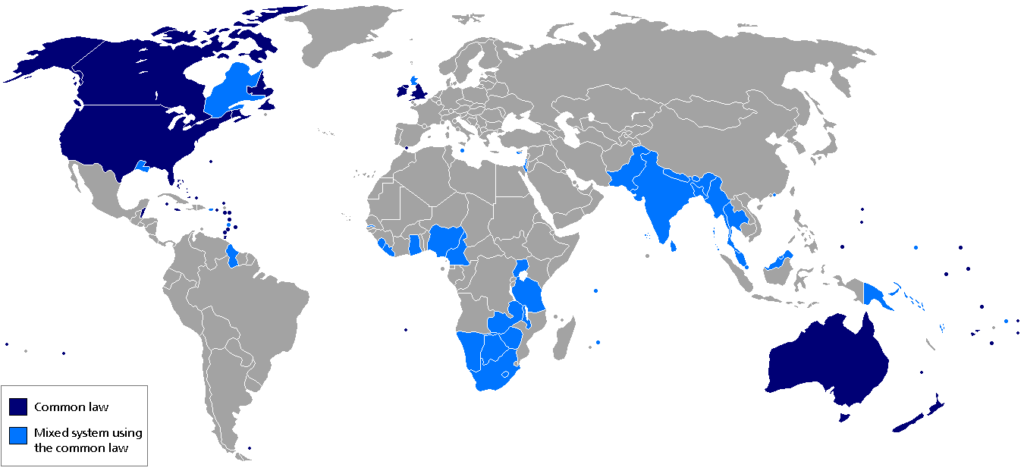“The defining characteristic of common law is that it arises as precedent. Common law courts look to the past decisions of courts to synthesize the legal principles of past cases. Stare decisis, the principle that cases should be decided according to consistent principled rules so that similar facts will yield similar results, lies at the heart of all common law systems.”
Caselaw
NZ Cases


Common law cases relevant to mobile homes
While some judges prefer domestic cases to precedent established overseas, Elitestone v Morris is the case citied by NZ Environment Court judges.
Elitestone says:
“If a structure can only be enjoyed in situ, and is such that it cannot be removed in whole or in sections to another site, there is at least a strong inference that the purpose of placing the structure on the original site was that it should form part of the realty at that site, and therefore cease to be a chattel.”
and
“A house which is constructed in such a way so as to be removable, whether as a unit, or in sections, may well remain a chattel, even though it is connected temporarily to mains services such as water and electricity. But a house which is constructed in such a way that it cannot be removed at all, save by destruction, cannot have been intended to remain as a chattel. It must have been intended to form part of the realty.”